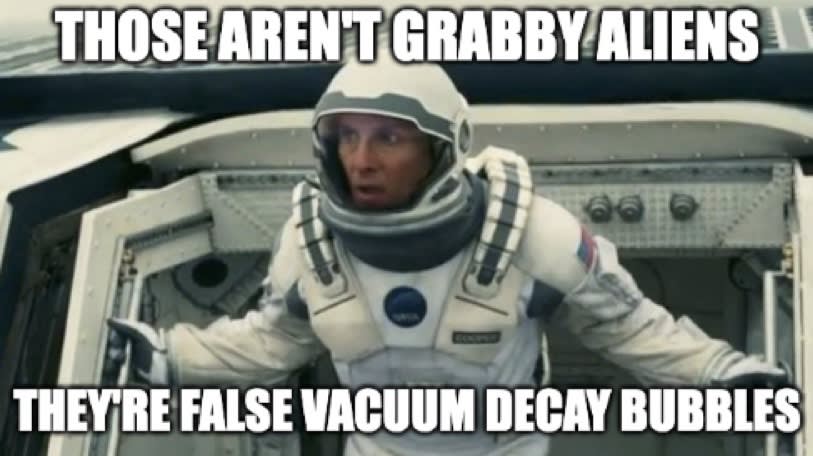Summary
Arkose is an early-stage AI safety fieldbuilding nonprofit focused on accelerating the involvement of experienced machine learning professionals in technical AI safety research through direct outreach, one-on-one calls, and public resources.
Between December 2023 and June 2025, we had one-on-one calls with 311 such professionals. 78% of those professionals said their initial call accelerated their involvement in AI safety[1].
Unfortunately, we’re closing due to a lack of funding. We remain excited about other attempts at direct outreach to this population, and think the right team could have impact here.
Why are we closing?
Over the past year, we’ve applied for funding from all of the major funders interested in AI safety fieldbuilding work, and several minor funders. Rather than try to massively change what we're doing to appeal to funders, with a short funding runway and little to no feedback, we’re choosing to close down and pursue other options.
What were we doing? Why?
* Calls: we ran 1:1 calls with mid-career machine learning professionals. Calls lasted an average of 37 minutes (range: 10-79), and we had a single call with 96% of professionals we spoke with (i.e. only 4% had a second or third call with us). On call, we focused on:
* Introducing existential and catastrophic risks from AI
* Discussing research directions in this field, and relating them to the professional’s areas of expertise.
* Discussing specific opportunities to get involved (e.g. funding, jobs, upskilling), especially ones that would be a good fit for the individual.
* Giving feedback on their existing plans to get involved in AI safety (if they have them).
* Connecting with advisors to support their next steps in AI safety, if appropriate (see below).
* Supportive Activities:
* Accountability: after calls, we offered an accountability program where participants set goals for next steps, and we check in with them. 114 call participants set goals for check



Best of luck with the project. It looks like there's a lot of different material in the works; I hope that whatever first tool you launch has clear benefits for the people who use it, and you can build out from an initial success.